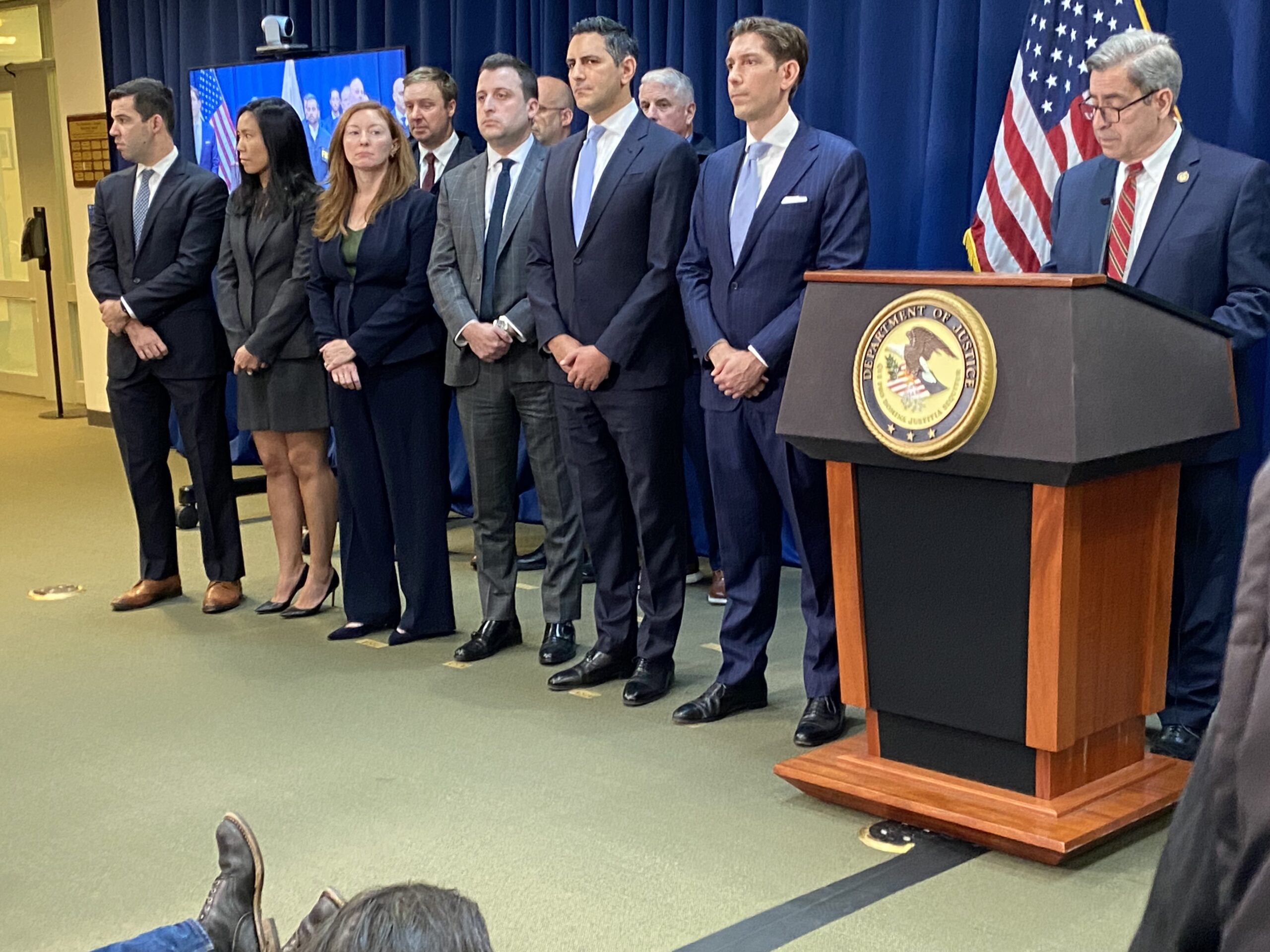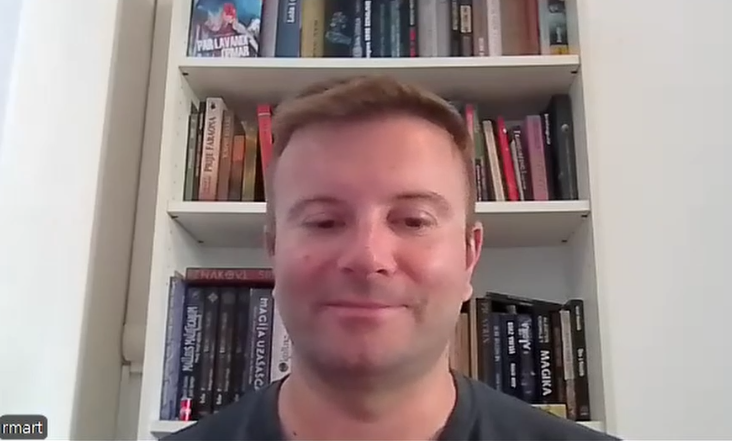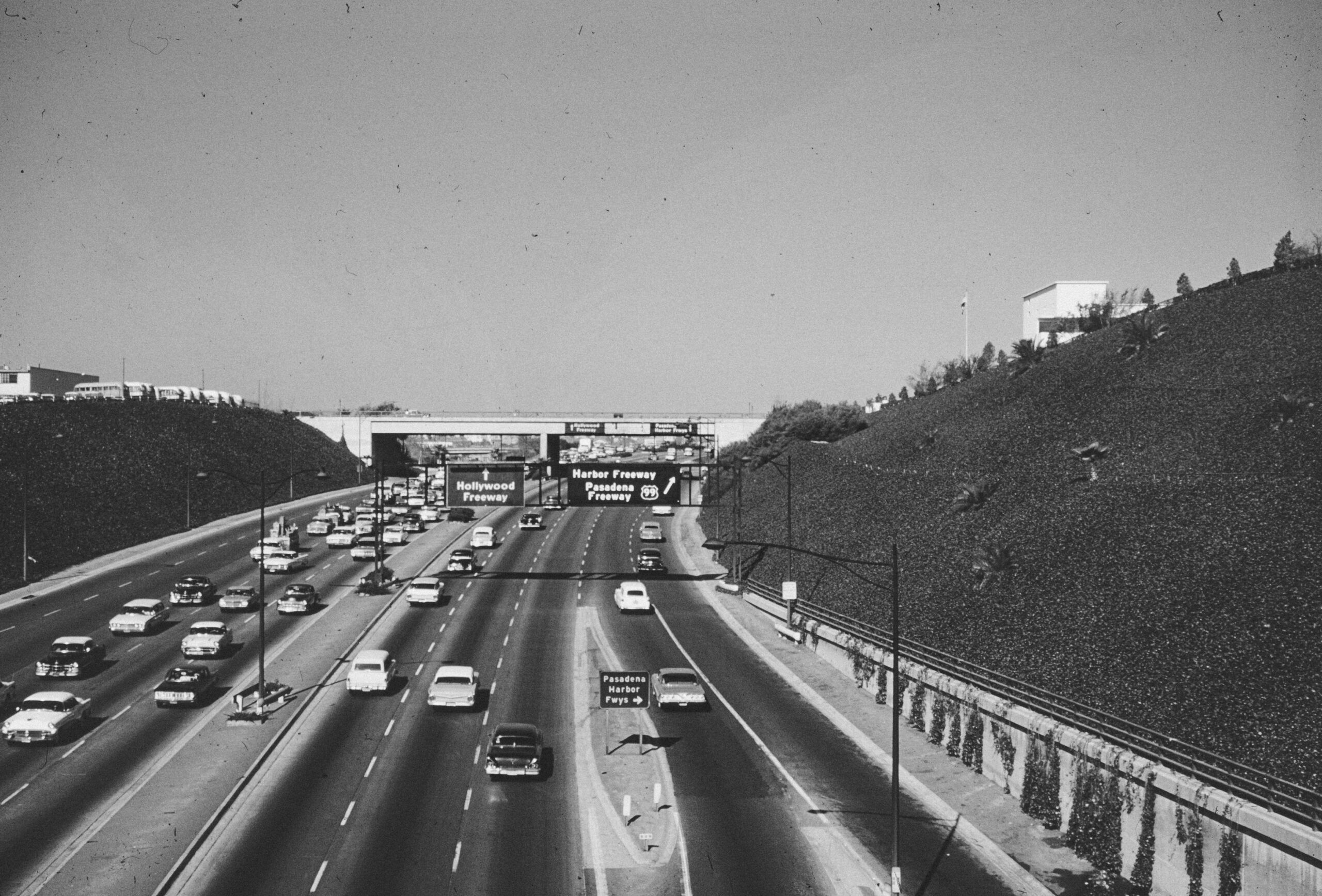By Matija Šerić
After rising to prominence as the Mayor of Istanbul in the late 1990s and early 2000s, Recep Tayyip Erdogan criticized the Turkish political system of the time as corrupt and repressive, blaming it for widespread poverty. However, the repression, corruption, and poverty in Turkey in 2003 (when Erdogan came to power) are mild compared to the catastrophic situation in 2025. Although Erdogan initially promised a modern, democratic, and secular state founded on human and civil rights, aspiring to join the European Union, the results of his policies have been entirely the opposite.
Today, Turkey is a modern state but is neither democratic nor secular and does not uphold EU values. Instead, Turkey is a candidate for joining BRICS, a coalition of authoritarian states defying the West. Erdogan has imposed widespread repression to establish himself as an informal modern-day sultan.
From Democrat to Autocrat
Erdogan’s case exemplifies how power corrupts individuals. The more power he accumulated, the greedier the Turkish leader became. Following his Justice and Development Party’s (AKP) landslide victory in the 2011 general elections, Erdogan and his allies grew increasingly ambitious. In spring 2013, Istanbul AKP leader Aziz Babuscu publicly stated: “In the next decade, we will part ways with the stakeholders we collaborated with when we were powerless because we will no longer need them. For us, the state and social order they idealized were merely tactics and tricks… We will have a ruthless plan to eliminate them.” It became clear that the AKP and Erdogan were moving away from democracy and secularism toward authoritarianism—a de facto pro-Islamist dictatorship.
The biggest losers of Erdogan’s narcissism are Turkey’s marginalized citizens: free-thinking individuals, as well as political, national, religious, and sexual minorities.
Violent Suppression of Protests
Erdogan first bloodied his hands with the violent suppression of peaceful street protests in May and June 2013, known as the Gezi Park protests. The demonstrations initially erupted in response to the government’s plan to replace Istanbul’s popular Taksim Gezi Park with a shopping mall. The unrest quickly spread across Turkey, becoming a nationwide uprising against the regime. The people rebelled against the pro-Islamist government undermining Turkey’s secular foundations established by “Father of the Nation” Mustafa Kemal Ataturk.
Buoyed by significant election victories and economic recovery fueled by Western credit lines and massive construction projects, the AKP government curtailed freedoms of speech, expression, and assembly while promoting an Islamist agenda in schools, universities, and public life. Even accusations of blasphemy led to imprisonment.
The arrogance of AKP members
Furthermore, Turkey engaged in perilous foreign policy ventures, such as logistical and financial support for radical Islamist groups linked to Al-Qaeda in the Syrian conflict, in violation of international law. Although large infrastructure projects boosted the economy, they often faced criticism for being ill-conceived or harmful to people and the environment. The government’s response to public criticism was: “The citizens spoke during the elections by voting for the AKP.”
The government’s arrogance triggered a civil society revolt. During the 2013 protests, authorities used violent measures, killing 11 people, injuring over 8,000, and arresting around 5,000 protesters. While Erdogan managed to retain power, Turkey’s economy slowed in 2013, entering severe structural problems like high unemployment and a growing deficit. In the June 2015 elections, the AKP performed poorly, losing its parliamentary majority—a clear sign of public discontent. To secure a parliamentary majority, Erdogan called for extraordinary elections in November 2015, which the AKP won.
Repression Against the Kurds
The government intensified repression against Kurds in southeastern Turkey, exploiting terrorist actions by certain Kurdish groups like the Kurdistan Workers’ Party (PKK). Despite the presence of approximately 20 million Kurds in Turkey, their rights are severely restricted. The Kurdish language is formally banned, the use of Kurdish letters is prohibited, and there are no Kurdish schools. Cultural events are also suppressed. Kurdish politicians and activists face mass arrests on charges of terrorism, with the People’s Democratic Party (HDP) being a primary target.
The Turkish military conducts offensives in Kurdish regions, both domestically and across borders, particularly in Syria and Iraq, leading to displacement and civilian casualties.
General Repression and the Path to Dictatorship
The failed military coup on July 15, 2016, gave Erdogan a pretext for mass repression. While the coup’s organizers remain unclear, certain factions within the Turkish military opposed to the country’s authoritarian and Islamist trajectory likely orchestrated it. Following the coup, tens of thousands of people were dismissed from public administration, universities, schools, courts, and the military. Many were arrested without evidence, and numerous companies were shut down and confiscated.
The defining moment of Erdogan’s dictatorship was the constitutional referendum in April 2017. The position of prime minister was abolished, and the parliamentary system of government was replaced with a presidential one. The president’s powers were significantly expanded at the expense of the parliament, judiciary, police, and other institutions.
From 2018 onward, Erdogan enjoyed vast authority, even though he had already been president for four years. The referendum passed with 51% of the vote, but its legitimacy is highly questionable. The state electoral commission accepted 1.5 million unstamped ballots as valid—the exact margin needed for the referendum to pass, as confirmed by the OSCE. It appears Erdogan lost the referendum, but electoral fraud enabled him to consolidate his dictatorship.
All subsequent Turkish elections, both general and local, including the 2023 presidential election, have been marred by controversy. However, this has not prevented Turkey’s economy from being ravaged by inflation and recession for years.
Featured image: Wikimedia Commons








